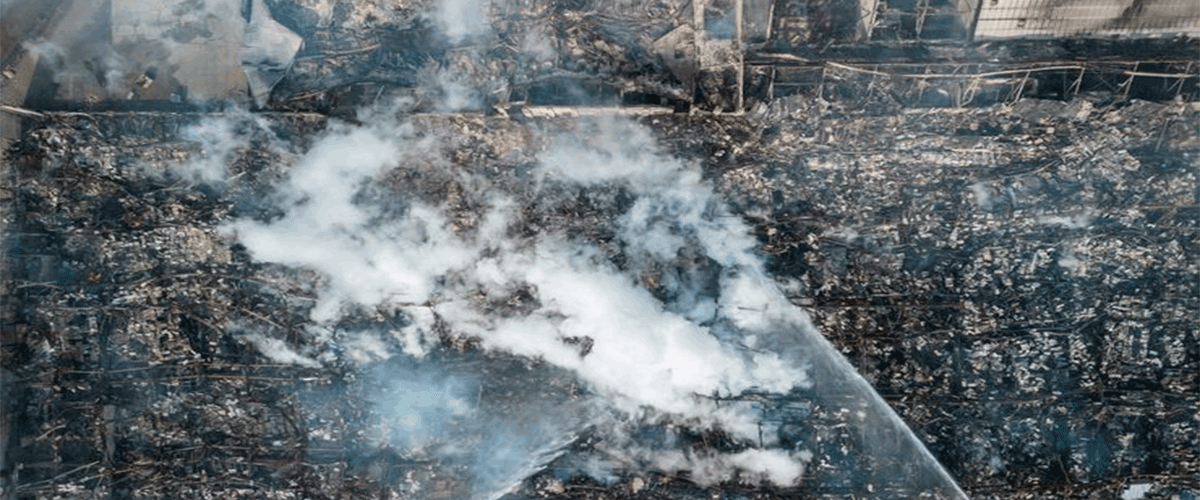(An Autonomous Body Recognized by Ministry of Commerce & Industry, Government of India)
Competency based placement focussed Education | Training | Research | Consultancy

Toxic Toll: Plastic Burning in Global South Fuels Health Crisis and Injustice
Communities across the Global South are increasingly burning plastic waste in open pits and homes, exposing millions to harmful toxins. In 2020, around 30 million metric tons of plastic were incinerated globally, often without any pollution controls, releasing hazardous substances like dioxins, furans, and fine particulates. These pollutants have been linked to cancer, hormone disruption, and severe respiratory conditions. Much of the waste comes from the Global North, mislabeled as recyclable and shipped to countries lacking proper disposal infrastructure. In many low-income areas, plastic is used as an alternative cooking fuel, especially affecting women and children. Experts warn this growing practice poses a significant yet underrecognized threat to public health and the climate. With plastic production set to increase and only 10% ever recycled, the issue highlights global environmental injustice. As nations prepare for U.N. treaty negotiations, pressure is mounting to address this worsening crisis of "waste colonialism."
21-07-2025
📰 Recent News
- Warming Seas and Human Pressures Threaten California’s Sea Otters
- Global Seafood Trade Spreads ‘Forever Chemicals’ Beyond Pollution Hotspots
- Former Officials Warn of Unprecedented Rollback at US Environmental Agency
- US Policy Shift Intensifies Bayer’s Roundup Legal Battle
- European Parliament requests EFSA review on microplastics in food, water, and air
- Study Links PFAS-Contaminated Water to Severe Infant Health Risks
- Washington Program Targets Safe Disposal of PFAS Firefighting Foam
- EU Pesticide Review Proposal Sparks Backlash from Environmental Groups
- Nature Sustainability Showcases Safer Bisphenol Design Approach
- Chemical Pollution Linked to Rising Men’s Health Risks in Europe, Report Warns
